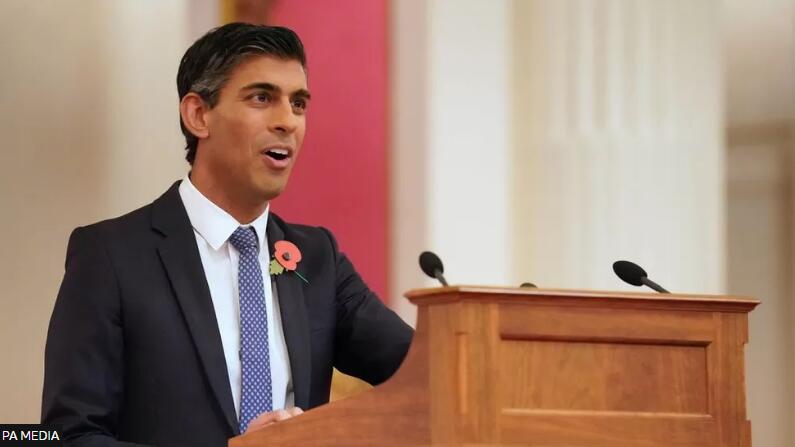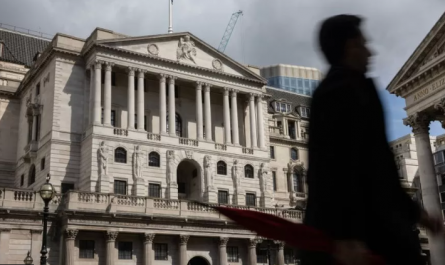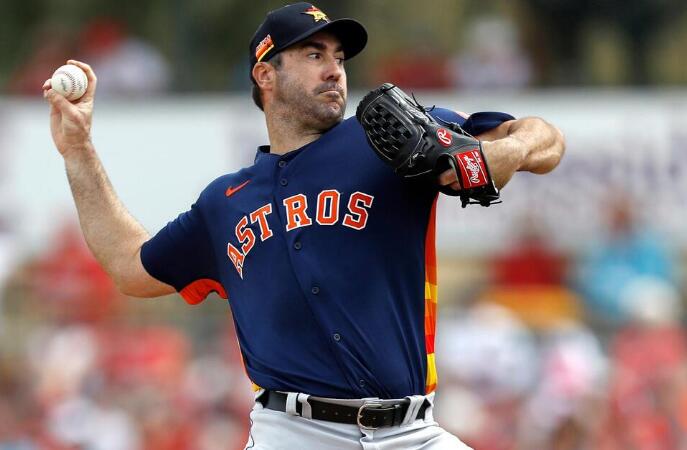Prime Minister Rishi Sunak is set to urge world leaders at COP27 to move “further and faster” in transitioning to renewable energy.
Mr Sunak will travel to Egypt on Sunday for the UN climate summit after U-turning on a decision not to go.
In his address on Monday, he will say Russia’s invasion of Ukraine “reinforced” the importance of ending dependence on fossil fuels.
COP27 follows a year of climate-related disasters and record temperatures.
The prime minister will also tell leaders gathered in Sharm el-Sheikh not to “backslide” on commitments made at last year’s COP26 summit in Glasgow intended to prevent global temperature rises to 1.5C above pre-industrial levels.
But Petteri Taalas, secretary general of the World Meteorological Organisation (WMO), has warned that the 1.5C target is “barely within reach”.
His comment comes as the UN’s weather and climate body released a report showing that the rate at which sea levels are rising has doubled since 1993.
UN Secretary General Antonio Guterres has described the report as a “chronicle of climate chaos” and urged governments at COP27 to answer the planet’s “distress signal” with “ambitious, credible climate action”.
Mr Sunak will meet French President Emmanuel Macron at the summit this week and the topic of migrants crossing the Channel in small boats will likely be raised.
In a statement before his departure, Mr Sunak said: “When the world came together in Glasgow last year, nations agreed an historic roadmap for preventing catastrophic global warming. It is more important than ever that we deliver on those pledges.
“Fighting climate change is not just a moral good – it is fundamental to our future prosperity and security.
“Russia’s invasion of Ukraine and contemptible manipulation of energy prices has only reinforced the importance of ending our dependence on fossil fuels.
“We need to move further and faster to transition to renewable energy, and I will ensure the UK is at the forefront of this global movement as a clean energy superpower.”
It comes after the prime minister backtracked on attending the summit earlier this week.
Mr Sunak had originally stated he would not travel to Egypt, arguing that his priority was to plug a £50bn hole in the public finances ahead of Chancellor Jeremy Hunt’s autumn statement on 17 November.
Labour’s Ed Miliband said the prime minister “dithered” about attending the climate summit, adding that: “Britain needs to be in the climate leadership business.”
Speaking on the BBC’s Sunday with Laura Kuenssberg, the shadow climate change secretary said it was now “cheaper to save the planet than to destroy it”.
“We’re in the midst of an energy crisis,” he said, adding that renewable energy sources were now much cheaper than fossil fuels.
Mr Miliband insisted that switching to renewables was “the opportunity of the future” and that this was the “message we should be taking to COP”.
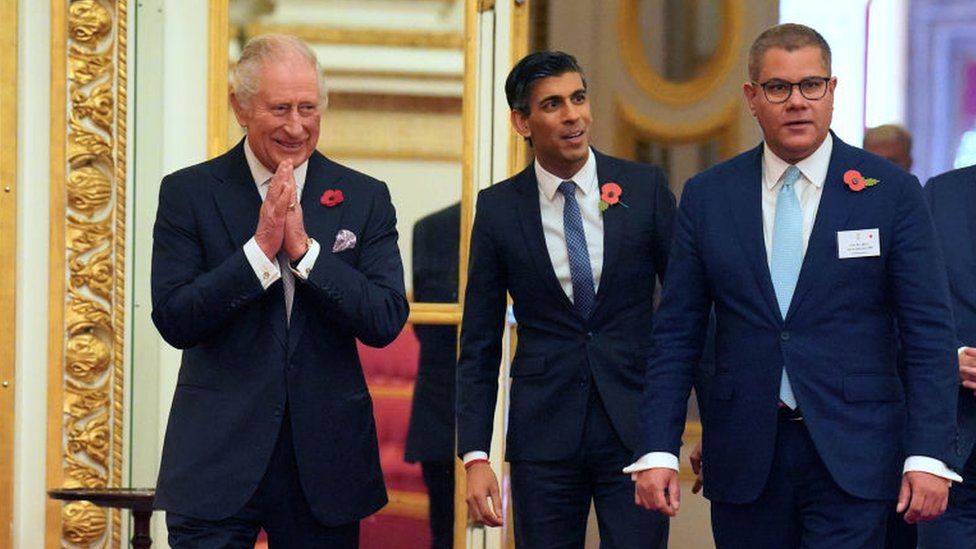
Mr Sunak’s initial decision not to attend the summit was widely criticised by climate campaigners, opposition parties and COP26 President and colleague Alok Sharma.
Cabinet minister Oliver Dowden has defended the prime minister, saying he was “committed” to environmental issues.
Mr Dowden told Laura Kuenssberg that, when Mr Sunak came to power, his first priority was the economic crisis but that he had worked on the Autumn Statement “to make sure he can go to this summit”.
Mr Dowden was also questioned about host country Egypt’s human rights record, including its detention of British Egyptian national Alaa Abd El-Fattah, an activist who has been in jail for nine years and is on a hunger strike.
Asked if the prime minister would raise Abdel Fattah’s case while at the summit, the cabinet minister said: “I’m sure he will raise it at appropriate forums”.
Labour’s Mr Miliband said it was a “very serous issue” and that he would “make sure to raise it with the Egyptians while I’m there”.
The prime minister has sent a letter to Abdel Fattah’s family pledging that the activist’s case is “a priority for the British government both as a human rights defender and as a British national”.
However, speaking on Sky News, Abdel Fattah’s sister Sanaa Seif said she was concerned No 10’s engagement with the Egyptian president Abdel Fattah El-Sisi would come too late.
Speaking of her worry that her brother could die while the climate summit was happening, she urged the British government to be “responsible for getting us proof of life”.
The government has faced criticism for approving new oil and gas licences in the North Sea despite the International Energy Agency saying there can be no more new fossil fuel exploration if the 1.5C target is to be met.
Mr Sunak is expected to chair a meeting of world leaders to drive progress on the pledge signed by 100 countries at Glasgow to halt and reverse deforestation and damaging land use by 2030.
The leader of the Liberal Democrats, Sir Ed Davey, said he did not think the climate summit this week would be a success.
“I don’t think there’s been the leadership either from our country or frankly from other countries,” he told Laura Kuenssberg.
Meanwhile the King, who made an address at COP26 last year and is known for his passionate interest in environmental issues, will not be attending the summit after Buckingham Palace agreed with former Prime Minister Liz Truss he would not attend.
Although Downing Street suggested this week they may have come to a different view if Mr Sunak had been installed in No 10 earlier.
The latest round of UN climate talks takes place amid a backdrop of increasingly devastating extreme weather around the globe, and an energy and cost-of-living crisis driven by President Vladimir Putin’s invasion of Ukraine.
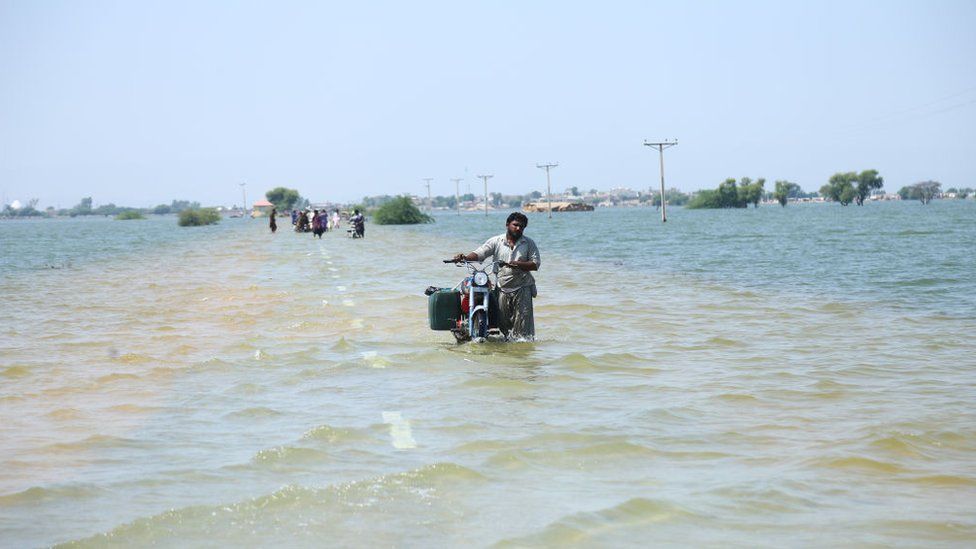
The COP27 agenda will highlight calls to reduce emissions, help countries deal with climate change, and secure technical support and funding for developing countries.
The UN has also warned that based on countries’ latest climate action plans, there is currently no credible pathway to meet the 1.5C goal intended to avoid the worst impacts of global warming.
Rich countries are further falling short in providing finance to help developing nations adapt to climate change, according to the UN.
